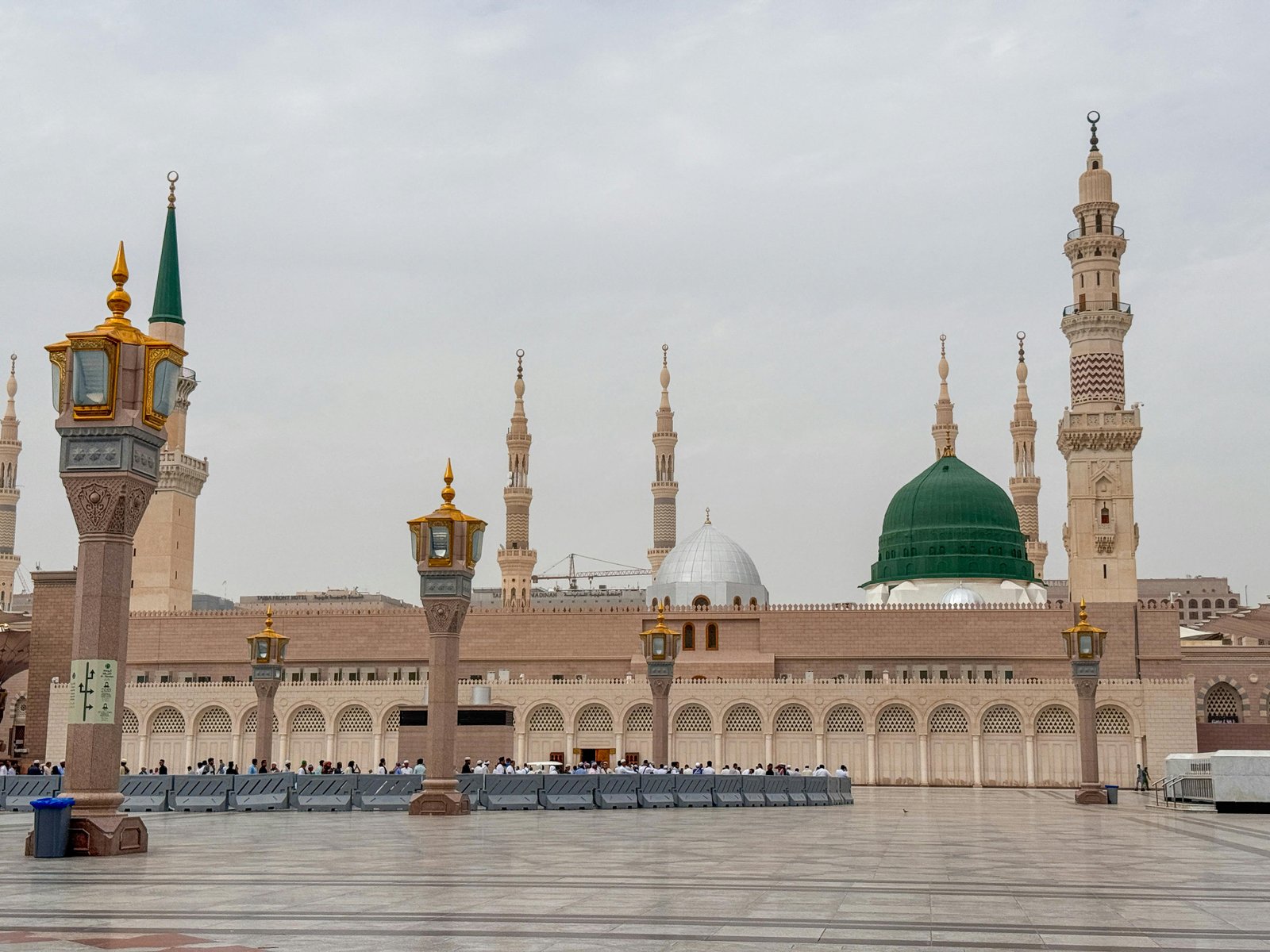Early Life and Background:
Birth:
He was born in 573 CE in Mecca, into the Quraysh tribe, specifically the Banu Taym clan. His full
name was Abdullah ibn Abi Quhafa, and he earned the title Al-Siddiq (meaning "The Truthful") for his
steadfast belief in the message of the Prophet Muhammad.
Relationship with the Prophet:
Abu Bakr was among the Prophet’s closest friends even before the advent
of Islam. He was one of the first adult males to embrace Islam, recognizing the truth of the Prophet’s
message immediately. His conversion played a significant role in the early days of the Islamic
community.
Contributions During the Prophet’s Life:
Support for the Prophet:
Abu Bakr was known for his unwavering loyalty and support to the Prophet
Muhammad (peace be upon him). He provided financial support and used his influence to protect early
converts to Islam who faced persecution in Mecca.
Migration to Medina:
He accompanied the Prophet during the Hijrah (Migration) from Mecca to Medina, a
crucial event in Islamic history. The two took refuge in the Cave of Thawr for three days during this
journey, where Abu Bakr’s steadfast faith was evident. The Quran makes reference to this event,
highlighting the significance of their companionship.
Role in Battles:
Abu Bakr participated in key battles like Badr, Uhud, and Khandaq, standing by the
Prophet's side during difficult times. He demonstrated courage, humility, and dedication to the Islamic
cause.
Caliphate:
Becoming the First Caliph:
After the death of the Prophet Muhammad in 632 CE, Abu Bakr was chosen as the
first Caliph (Khalifa) of the Muslim community. His appointment was crucial as it helped maintain unity
and stability during a time of grief and uncertainty.
Reunification of the Arabian Peninsula:
One of Abu Bakr's first challenges as Caliph was to deal with
the Apostasy Wars (Ridda Wars), where several tribes in Arabia revolted against the new Islamic state.
He successfully led military campaigns to bring these tribes back into the fold of Islam, ensuring the
unity of the Muslim community.
Compilation of the Quran:
Abu Bakr initiated the compilation of the Quran into a single written text
after many of the Quran’s memorizers (huffaz) were martyred in battle. This effort laid the foundation
for the preservation of the Quran as it exists today.
Expansion of the Islamic State:
During his brief two-year rule, Abu Bakr also initiated campaigns to
expand the Islamic state beyond Arabia, sending armies to Iraq and Syria. These campaigns paved the way
for the rapid expansion of the Islamic empire during the time of his successor, Umar ibn al-Khattab.
Death and Legacy:
Passing Away:
Abu Bakr passed away in 634 CE, just two years after becoming the Caliph. He was buried
beside the Prophet Muhammad in the chamber of Aisha, within the Prophet’s Mosque (Al-Masjid an-Nabawi)
in Medina.
Character and Qualities:
Abu Bakr was known for his humility, gentleness, and deep commitment to
justice. He was a paragon of simplicity and always placed the needs of the Muslim community above his
own. His famous statement, upon becoming Caliph, was, “I have been given authority over you, but I am
not the best among you.”
Titles and Honors:
Al-Siddiq (The Truthful):
This title was given to him due to his immediate and firm belief in the Isra
and Mi'raj, the miraculous night journey of the Prophet, when many doubted it.
Companion of the Cave:
His close companionship with the Prophet during the Hijrah journey is a pivotal
part of his legacy, symbolizing his loyalty and devotion.
Significance in Islam:
Abu Bakr is revered for his sacrifice, faith, and leadership. He set a precedent for future leaders of
the Islamic world, emphasizing the importance of following the Quran and the Sunnah (traditions of the
Prophet).
His life is often seen as an example of how to live in accordance with Islamic principles, combining
compassion with firmness and humility with strength.
Sunni Muslims regard him as the most honored companion of the Prophet, and his role in preserving and
consolidating the early Islamic state remains a crucial part of Islamic history.
Abu Bakr's contributions have left a lasting impact on the Islamic faith and the Muslim community,
shaping the course of Islamic governance and laying the foundation for the Muslim Ummah (community) in
its formative years.



